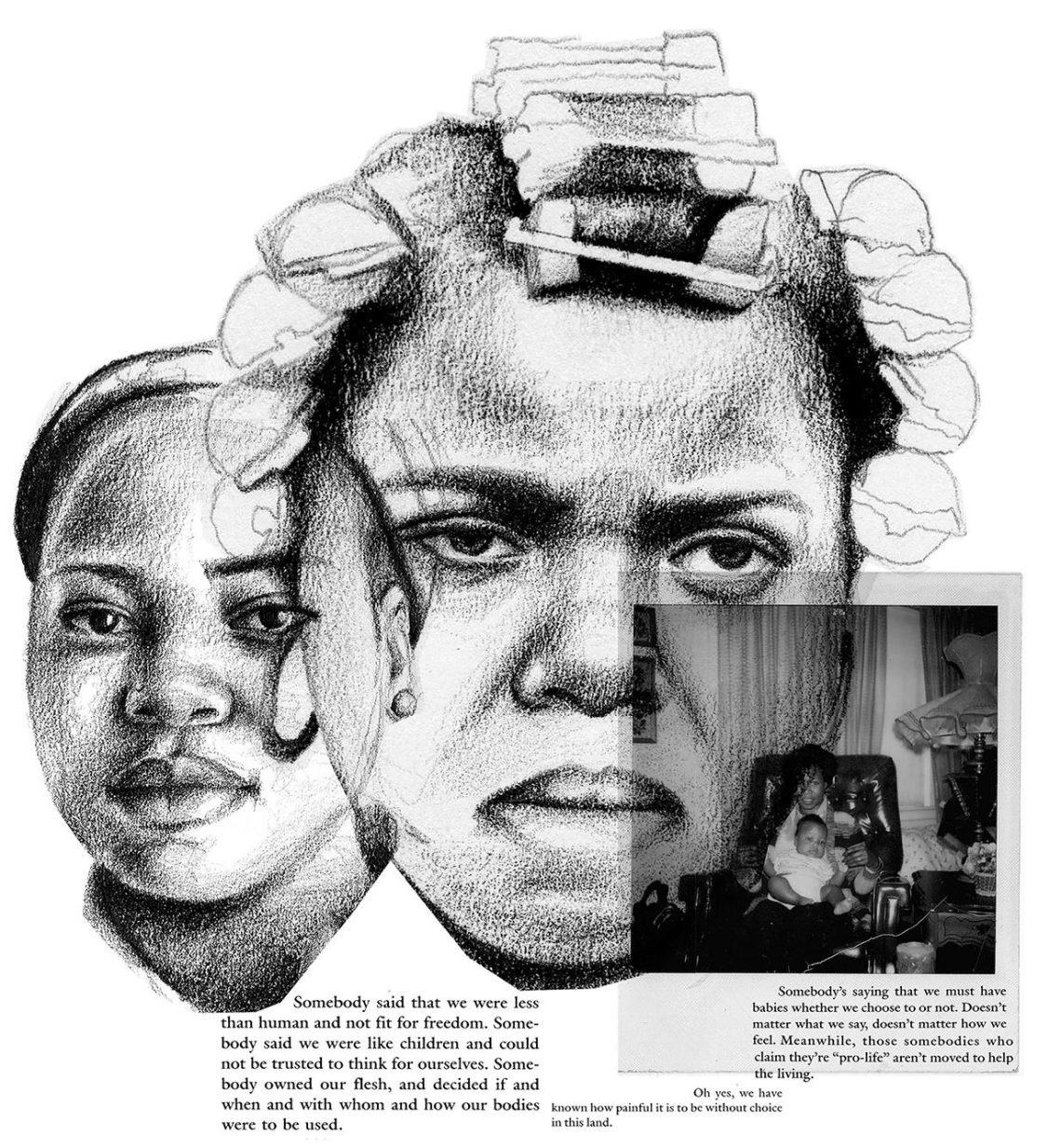National discussions of abortion—of any services that might end a pregnancy, make contraception available, or provide other means of regulating one’s capacity to bear children—usually focus on the Supreme Court. But for many Americans, Roe v. Wade might as well have been overturned already. Whether RBG or ACB, five conservative justices or six, many American women live in counties without clinics, or cannot afford to pay for an abortion, or do not know how to slip under the limbo bars to get one. Many Americans cannot access basic medical care no matter what decisions they make, but state-level legislation makes abortion in particular nearly impossible to procure in much of the country. Almost four hundred state-level restrictions were proposed in the first half of 2019 alone. This week in Louisiana, voters amended the state constitution to make clear that there is no right to abortion or to abortion funding.
These restrictions have led to clinic closures. At least 275 clinics providing abortion services have shut down since 2013, according to The New York Times. Abortions are not performed in many hospitals and cannot be paid for by federal Medicaid in most cases, further imperiling clinics. An abortion clinic is a money-losing venture. And anti-abortion forces have money on their side.
Four years ago, in what was widely seen as a victory for the abortion rights movement, the Supreme Court in Whole Woman’s Health v. Hellerstedt overturned a law that made running a clinic in Texas prohibitively expensive by requiring clinics to make costly and unnecessary updates. Yet a year later, Amy Hagstrom Miller, who runs Whole Woman’s Health, had to shut down her clinic in Austin. An anti-abortion organization outbid her for its offices and set up a crisis pregnancy center in its stead. (She was later able to reopen it.) Since then, states have introduced new laws that impose additional restrictions on access to abortion; narrow Supreme Court victories are unlikely to lead to expanded care.
Most troubling of all is a wider criminalization of women’s choices regarding their reproductive health. Our country’s approach to women’s health is marked by a lack of support and an appetite for punishment; jail time over medical care, prosecution over diagnosis. According to Michele Goodwin’s masterful recent study, Policing the Womb: Invisible Women and the Criminalization of Motherhood:
Robust legislating that chips away at reproductive rights and encroaches on women’s reproductive healthcare is about more than abortion. Rather, it is about…the humanity, dignity, and citizenship of girls and women.
*
-
*
Cambridge University Press, 2020. ↩






